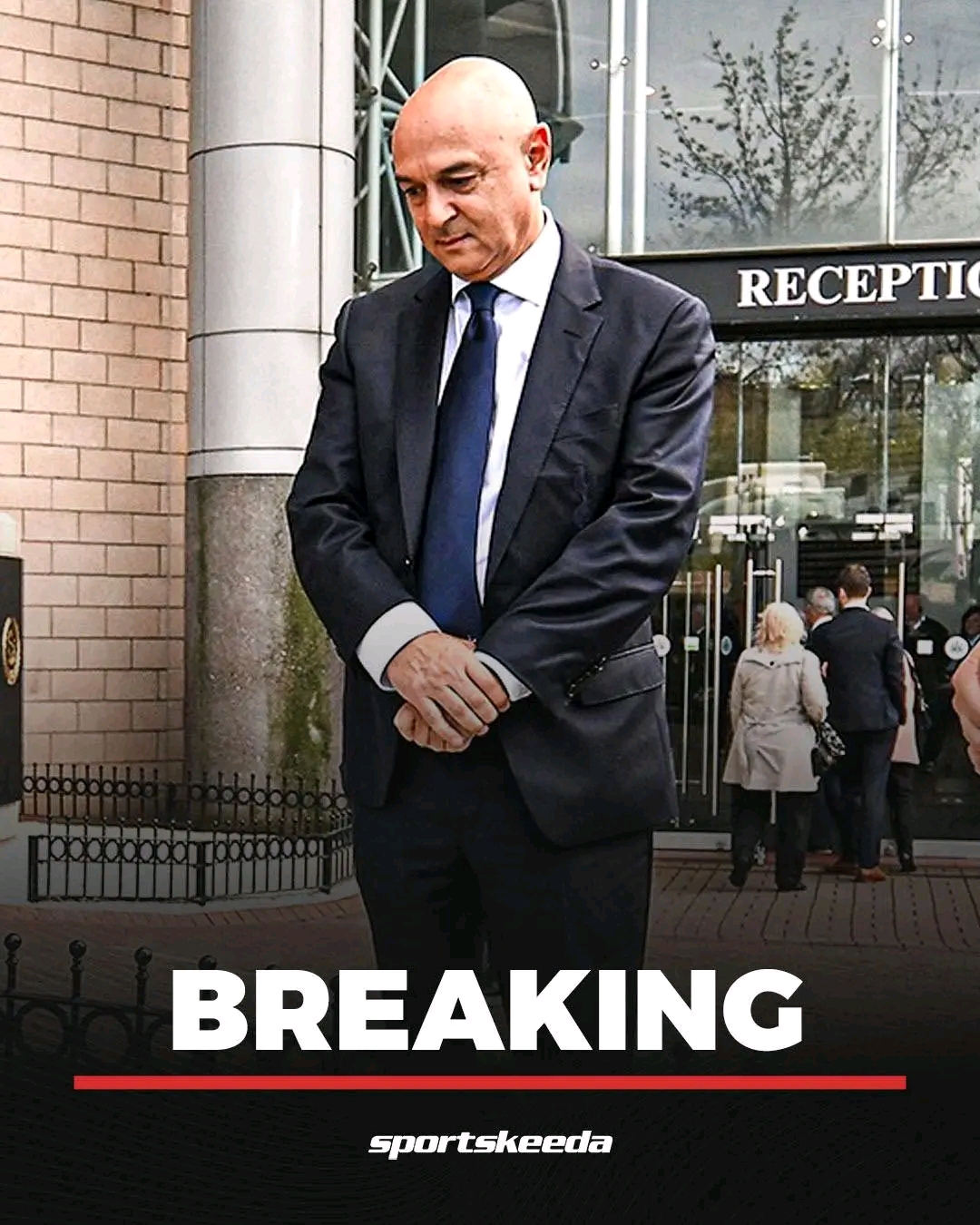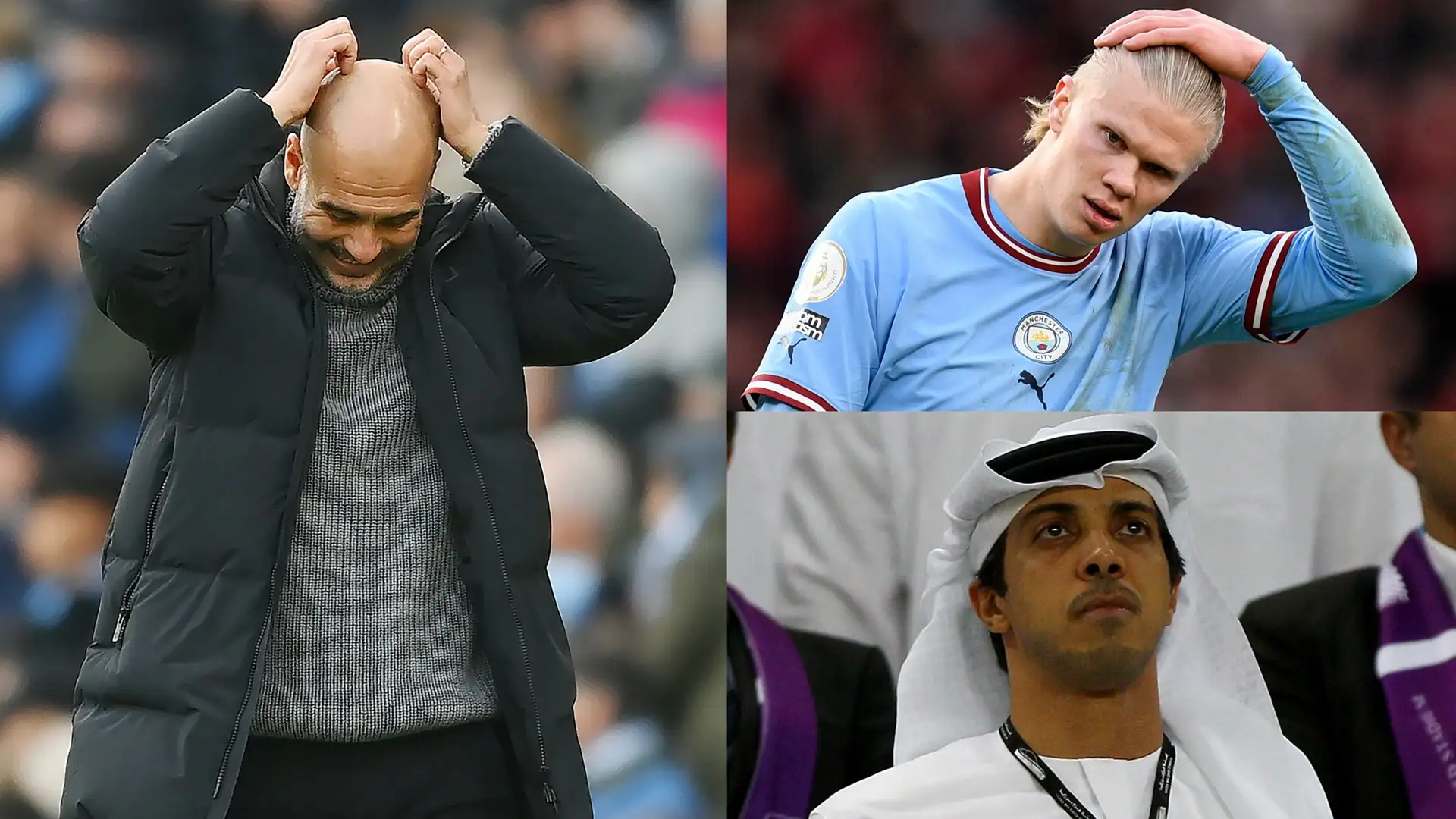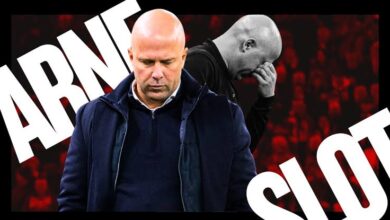BREAKING: Tottenham chairman Daniel Levy steps down after 25 years in charge! 🚨⚪️ #DanielLevy #TottenhamHotspur #Football

Daniel Levy leaving Tottenham Hotspur after almost 25 years in charge is one of the biggest bombshells English football has seen in years.
For a quarter of a century, Levy was *the face of Spurs*. From the move away from White Hart Lane, to the building of the billion-pound Tottenham Hotspur Stadium, to overseeing countless managerial changes and transfer sagas, his fingerprints are all over the modern Spurs story.
Tottenham Hotspur, a club forever known for its drama on and off the pitch, has been shaken once again by the sudden announcement that Daniel Levy has stepped down as chairman after nearly 25 years in charge. The man who has defined Spurs for a generation, the man whose name was as synonymous with the club as the cockerel badge itself, is walking away. The news has sent shockwaves not only through north London but across the entire football world. For some fans, it is a moment of celebration, a release from years of frustration. For others, it is a moment of sadness, the end of an era in which the club transformed beyond recognition. For all, however, it marks a turning point – Tottenham Hotspur will never quite be the same again.
Levy’s journey with Tottenham began in 2001, when he took control as part of ENIC’s takeover. Back then Spurs were a side with history but little recent glory, living in the shadows of their rivals Arsenal, who were thriving under Arsène Wenger. The club was respectable, a consistent Premier League side, but it was not considered among the true heavyweights of English football. White Hart Lane was a beloved but modest stadium, the training facilities were outdated, and Spurs often hovered between mid-table and chasing the edges of European qualification.
Over the next two decades, Levy’s stewardship would drag Spurs into the modern age. The move from White Hart Lane to the Tottenham Hotspur Stadium, a billion-pound project that turned their home into one of the finest sports arenas in the world, was his crown jewel. Hotspur Way, the state-of-the-art training complex, gave Spurs players facilities to match the very best in Europe. Commercially, Tottenham became a powerhouse. Deals with Nike, AIA, and other global partners turned the club into a global brand. Levy’s reputation as a shrewd, tough negotiator was forged in this period, with rival clubs often left frustrated at his refusal to sell players cheaply or rush into deals.
Yet, while Levy’s business acumen earned respect, it also made him a divisive figure. Fans grew increasingly impatient at what they saw as a lack of ambition on the footballing side. Yes, Spurs had stability, and yes, Spurs had infrastructure. But trophies? They remained elusive. The club’s last major silverware came in 2008 with the League Cup. Since then, they have come close, most painfully in 2019 when Mauricio Pochettino led Spurs to the Champions League final, only to fall short against Liverpool.
Levy was both praised and blamed for that near success. Praised for appointing Pochettino, who transformed Spurs into one of Europe’s most thrilling sides, playing high-pressing football and bringing through stars like Harry Kane, Dele Alli, and Son Heung-min. Blamed for failing to back him with the signings needed to take the final step. It was the same story with other managers: promising starts, moments of brilliance, but never enough investment at the crucial time.
The relationship between Levy and the supporters grew more strained as the years passed. Protests outside the stadium, banners calling for him to leave, chants demanding new ownership – these became familiar scenes. For many Spurs fans, Levy represented financial caution over footballing ambition. When rivals like Chelsea, Manchester City, and even Arsenal began spending heavily, Spurs seemed stuck in a half-way house, close enough to dream but never enough to conquer.
And yet, Levy remained. He was resilient, sometimes stubborn, but always at the helm. Few could imagine Spurs without him. That is why Thursday night’s announcement has stunned so many. The timing is especially striking – a summer of change has already swept through the club. Vinai Venkatesham has arrived as CEO, Thomas Frank has been appointed as the men’s head coach, and Martin Ho has taken over the women’s team. Now, with Peter Charrington stepping in as Non-Executive Chairman, the Levy era is officially over.
In his farewell statement, Levy spoke with pride. He pointed to the growth of the club, the global reach, the community, and the journey from White Hart Lane to the Tottenham Hotspur Stadium. He thanked the fans, even while acknowledging the journey was not always easy. His words reflected the duality of his legacy: immense progress but lingering frustrations.
The board, meanwhile, was quick to stress that this is part of a planned succession, not a sudden collapse. Ownership remains the same. ENIC still controls the majority stake. Levy himself and his family continue to hold a significant share. But the day-to-day leadership will now be in new hands. Charrington spoke of a new era, one focused on stability and empowering talent across the club. His words were polished, reassuring – but Spurs fans have heard many promises before.
The question now is what Tottenham Hotspur looks like in the post-Levy era. Will Thomas Frank be the man to deliver long-awaited silverware? Will Vinai Venkatesham, with his Arsenal background, prove the right man to guide Spurs commercially and structurally? And perhaps most pressing, will the club finally match its off-pitch ambitions with on-pitch glory?
For the fans, Levy’s departure is personal. For years, chants of “Levy out” echoed in the stands, but for just as long, he was the man making the decisions, shaping the destiny of their beloved club. His departure leaves a vacuum, and in football, vacuums do not last long. The coming months will reveal whether Tottenham can step into a brighter future or whether Levy’s absence will be felt more keenly than many expect.
Tottenham has always been a club defined by identity, by a sense of flair, by the famous phrase “To Dare Is To Do.” Daniel Levy’s legacy is that he dared to transform Spurs into a global institution, but whether he truly delivered on the doing – the trophies, the glory, the triumphs – remains up for debate. Now, as Spurs embark on this new chapter, that question lingers louder than ever.
This is not just the end of an era. It is the start of one that will define Tottenham’s next 25 years. Will they finally climb the mountain that Levy helped them build the path toward? Or will they remain, as they so often have, close enough to touch glory but never quite able to hold it?
What happens next will decide whether Daniel Levy’s reign is remembered with gratitude, regret, or something far more complex. What is certain is that Tottenham Hotspur, for better or worse, will never look the same again.
Now, at 63 years old, Levy has stepped down, announcing his decision in a statement on Thursday evening. While ENIC remain in control of the club, and Levy’s family still hold nearly 30% of its shares, Tottenham officially enters a **new era of leadership**.
In his farewell words, Levy reflected on pride and progress:
> “We have built this club into a global heavyweight competing at the highest level. More than that, we have built a community.”
Yet for all the infrastructure success, Levy’s reign divides opinion. He leaves behind a legacy of world-class facilities but only two major trophies in 25 years, a painful statistic for fans who saw Spurs so close under Mauricio Pochettino, only to fall short in the Champions League final and several domestic campaigns. His cautious transfer dealings and constant manager reshuffles sparked protests in recent years, with many supporters demanding change.
Levy leaves as both a builder and a lightning rod. To some, he transformed Spurs into a financially elite global club. To others, he held them back from becoming true Premier League giants. But whatever side you take, one fact is clear: the end of the Levy era is the end of an age in Tottenham history.















